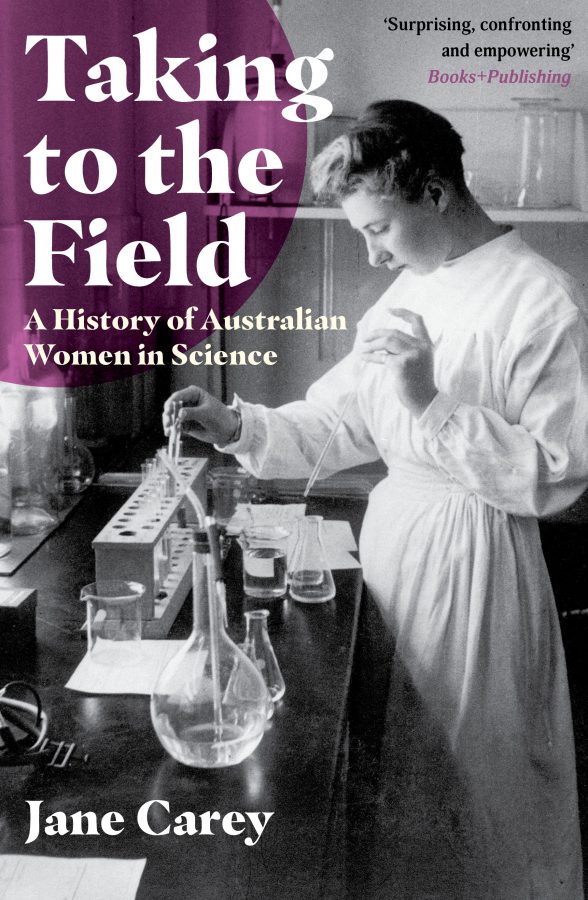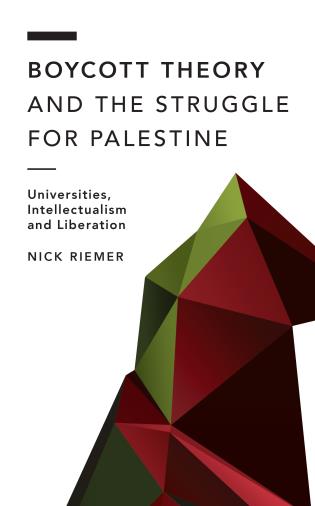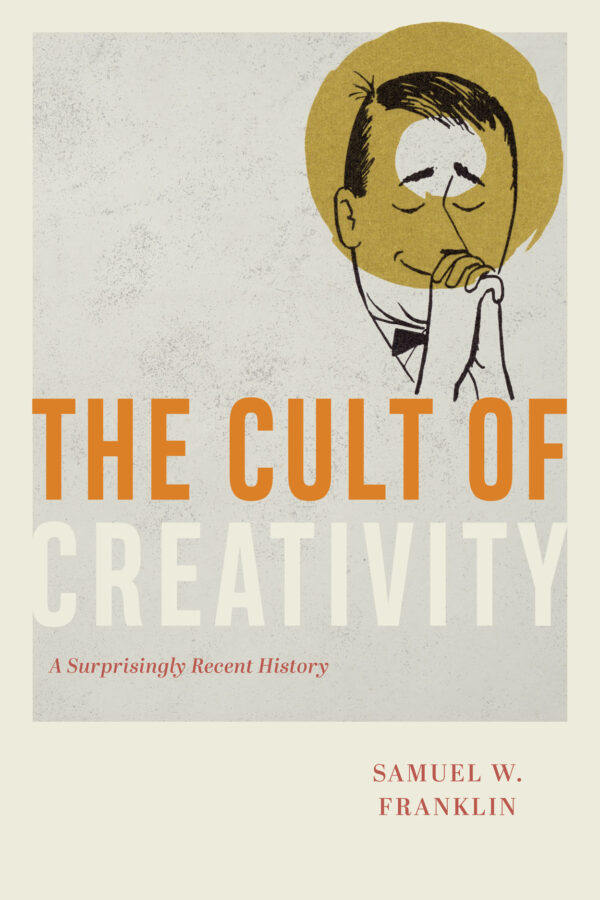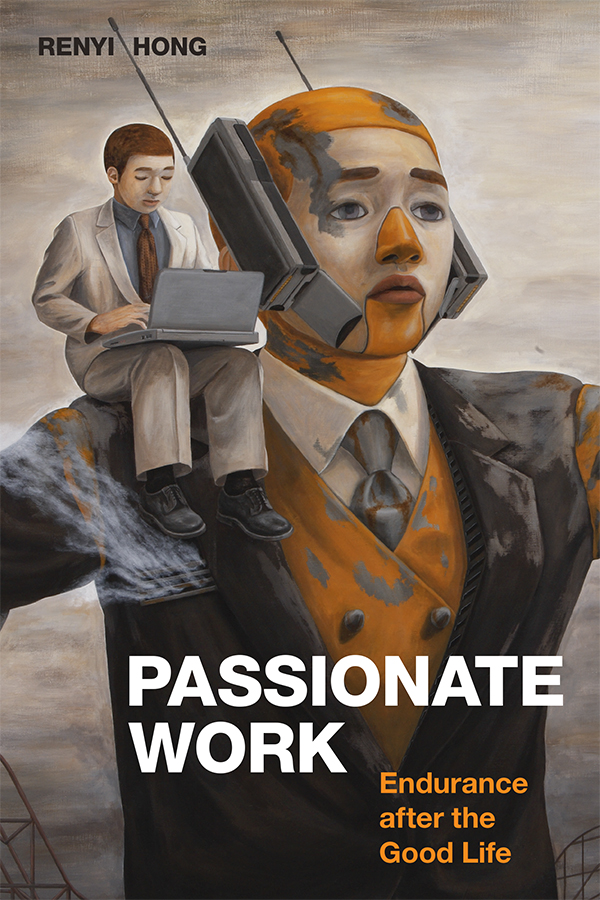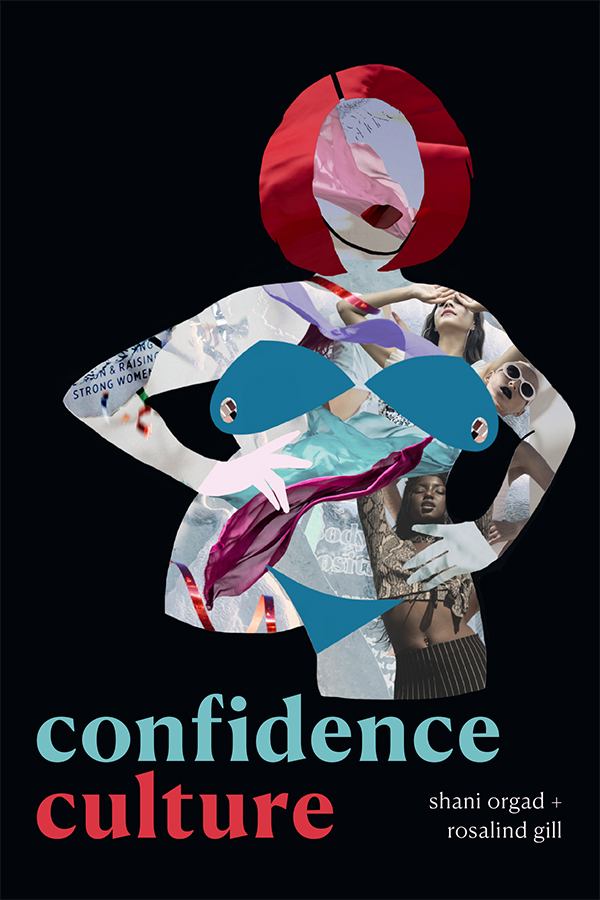
In his excellent book The Great University Gamble: Money, Markets and the Future of Higher Education (2013), UK scholar Andrew McGettigan gives one of the best analyses of market-driven approaches to university reform that I have seen. McGettigan shows how education has moved from being a public good to an ‘individual financial investment’, one that – in the end – will not only be detrimental to economic interests but also to students, society and democracy at large. While the book is focused on the British system, Australian readers will have no trouble drawing the connections between England and our own beleaguered tertiary system, as Ben Etherington pointed out in a Sydney Review of Books essay earlier this year.
As many will know, the Federal Government is attempting to rewrite the way we educate the country. This week, that debate took several promising turns. First, there was the unexpected news that Clive Palmer and other members of the Palmer United Party are now unlikely to support the Government’s reform package. This will create a major obstacle for Education Minister Christopher Pyne and his negotiators, who are relying on PUP senators’ votes to get the measures passed. Talking up his new position in typically bombastic fashion (which would be right at home in Peter Carey’s new novel Amnesia), Palmer let his ‘mongrel’ out of the proverbial kennel again – after a period of detention following that Chinese Government incident – advising students to address the Minister for Education by said Aussie idiom and to fight the good fight.
Opposition to the proposed changes was given further oxygen with the launch of a new combative operation headed by staff from universities across Australia. The National Alliance for Public Universities (NAPU) has been created to redress what it sees as a critical failure on behalf of University Vice-Chancellors to represent members’ opposition to the planned cuts. The Alliance, of which UWS academic and regular SRB contributor Ben Etherington is a founder, has issued a Charter for Australia’s Public Universities that outlines an alternate ‘vision for the role and purpose of public universities’. It has already been signed by over 700 university staff from every state and territory. SRB encourages concerned readers who work at universities to sign the Charter and share the link.
Next Wednesday 5 November is the launch of the latest book by Martin Edmond, another regular SRB contributor. A dual biography that looks at the life and times of two of Australia’s most important artists, Rex Battarbee and Albert Namatjira, Battarbee and Namatjira explores the personal and social difficulties the two men faced, while jointly considering their lives in the broader narratives of the period: the traditions and legacies of the Arrernte (the language group that Namatjira was born into), the influence of the Lutheran Church and Mission, the development of anthropology, and the histories and development of Australian art. Edmond is an award-winning writer, most recently taking out the 2013 Prime Minister’s Award for Literary Achievement in New Zealand. Battarbee and Namatjira is published by Giramondo.
Novelist Charlotte Wood’s twitter feed enjoyed plenty of love this week after she was announced as the Chair for Arts Practice in the field of Literature for the Australia Council. Wood (who has also written for SRB) joins eight other leading industry figures, including Stephen Armstrong (Theatre), Deborah Conway (Music), Julianne Pierce (Experimental and Emerging Arts), and Elizabeth Walsh (Dance). The role of the Chairs is to provide objective, strategic and expert advice to the Board and Council on arts sector issues. Other big news at the Australia Council this week was the announcement of a one million dollar dedicated fund for artists with a disability, a program that will help to continue funding arrangements already in place. The extended program will roll out over a three year period and artists with disabilities are invited to apply for the next round which closes on 3 March 2015.
Literary prizes almost always offer fodder for gossip, criticism and debate. Around any major award announcement swirl debates about the selection of judges, shortlists and winners, political biases, funding arrangements and, of course, the leaking of behind-the-scenes tales. This year there was controversy about the composition of the judging panel for the Prime Minister’s Literary Awards, which was accused of being politically slanted to the right. In an article published today on The Conversation, Lyn McCredden, Personal Chair of Literary Studies at Deakin University, weighed into the debate about the construction of the PM’s judging panel and that of the Miles Franklin Award. McCredden’s complaint is that the judging panels for these prizes are almost entirely lacking in academic expertise. Using what she calls ‘fighting words’, McCredden argues that ‘there is a deeply impoverishing divide between academic knowledge and media / market-driven instrumentalist interests in literature’.
In this context, the newly created Voss Literary Prize for fiction is a welcome antidote. The annual prize, which seeks to identify the best novel published in Australia in the preceding year, was set up by the trustees of Vivian Robert Le Vaux Voss, who was a historian and a lover of literature – but had no connection to Patrick White and his novel. The executors of the estate have not turned to arts commentators, administrators and writers to administer and judge the prize, but to the academy. The Australian University Heads of English, the peak body for the study of English at Australian Universities, has responsibility for the award. All five judges are academics. The shortlist for this year’s award is now out, and the winner will be announced in November.
This week’s Sydney Review of Books features essays on two new fiction releases. Our first essay, ‘Rise of the Über-Book’ by Julian Novitz, is a review of David Mitchell’s The Bone Clocks, a work that is part of what Mitchell has called his ‘Über-Book’. Mitchell’s revisiting of characters and plotlines from his earlier works of fiction is, he has suggested, a way of incorporating all of his prodigious and highly various fiction into a single, unified imaginative vision. But as Novitz argues, while The Bone Clocks is ‘structurally complex, readable and inventive’, it is also Mitchell’s ‘weakest work to date’. Its different generic elements sit awkwardly, it is ‘structurally looser’ than Mitchell’s earlier fiction, and it ‘leaves several threads dangling’.
We are also delighted to feature Tegan Bennett Daylight’s review of The Golden Age, the highly-anticipated new novel by Australian writer Joan London. Already attracting praise around the world, The Golden Age tells the story of Frank Gold, a refugee boy from Hungary who is learning to walk again after contracting polio. The novel is set in 1954 at a children’s convalescent hospital in Perth. Daylight’s essay draws parallels between the solitude effected by illness and the sense of ‘safe aloneness’ that comes from falling into the space created by a skilled writer. She notes:
Perhaps the best definition of good writing is the kind that recreates this safe aloneness, this suspended awareness of the self, this being lost but at the same time attached. We adult readers can go a long time between books that have this effect, and still be entertained and even inspired by what we read. But if we are lucky, every few years a book or a writer will appear that brings this sense back; a book that makes us feel as though that stillness in the centre of movement has been both captured, and, in the act of reading, reproduced.
The Golden Age, Bennett Daylight writes, is ‘this kind of book, and, as I’ve have learned in these last months of reading, she is this kind of writer.’
Our selection From the Archives is Delia Falconer’s recent review of Ceridwen Dovey’s novel Only the Animals, which this week won Readings inaugural New Australian Writing Award. Only the Animals is a collection of ten stories, each told by an animal that has died as a result of human conflict. Falconer writes that Only the Animals ‘leaves the reader with an uncomfortable sense of species terror: a sense of how closely, and awfully, our lives are caught up with animals and how even our deepest sympathy may not be free of destructive human impulse.’
